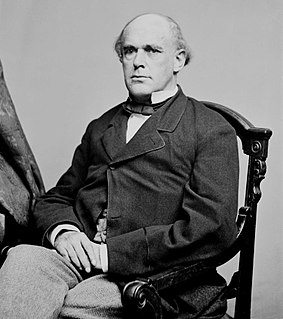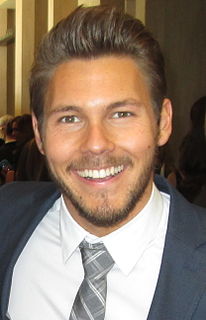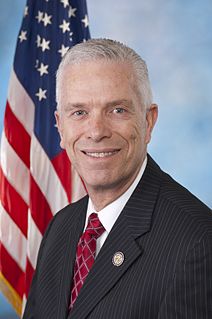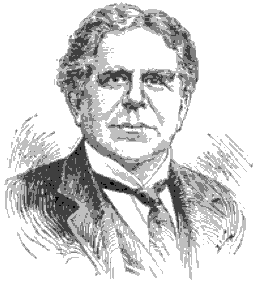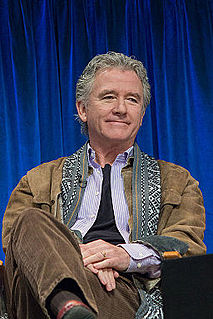A Quote by Salmon P. Chase
There came a time in my life when I doubted the divinity of the Scriptures, and I resolved as a lawyer and a judge I would try the Book as I would try anything in the courtroom, taking evidence for and against. It was a long, serious and profound study and using the same principles of evidence in this religious matter as I always do in secular matters, I have come to the decision that the Bible is a supernatural Book, that it has come from God, and that the only safety for the human race is to follow its teachings.
Quote Topics
Against
Always
Anything
Bible
Book
Came
Come
Courtroom
Decision
Divinity
Doubted
Evidence
Follow
God
Human
Human Race
Judge
Lawyer
Life
Long
Matter
Matters
My Life
Only
Principles
Profound
Race
Religious
Resolved
Safety
Same
Scriptures
Secular
Serious
Study
Supernatural
Taking
Teachings
Time
Try
Using
Would
Related Quotes
Chauvet Cave is rather like the awakening of the modern human soul or I would say the awakening of modern human culture. Because Neanderthal men who still rode the landscape parallel to the people who did these paintings didn't have culture. There's no evidence of culture, no symbolic depiction, no evidence of music, no evidence of sculptures, no evidence of religious beliefs.
Even if the absence of evidence for a given god were not evidence of its absence, it would still be evidence that the belief in that god is unreasonable. That's the only proposition that any atheist of any kind has to demonstrate in order to win the argument. Because anything beyond that... is just having fun.
If we might reverently imagine ourselves scheming beforehand what kind of book the Book of God ought to be, how different would it be from the actual Bible! There would be as many Bibles as there are souls, and they would differ as widely. But in one thing, amid all their differences, they would probably agree: they would lack the variety, both in form and substance, of the Holy Book which the Church of God places in the hands of her children.
If all the evidence put forward for the authenticity of religious teachings originates in the past, it is natural to look round and see whether the present, about which it is easier to form judgements, may not also be able to furnish evidence of the sort. If by this means we could succeed in clearing even a single portion of the religious system from doubt, the whole of it would gain enormously in credibility.
The Bible is the Only Book That Can Make Us Wise unto Salvation. The Bible is not a book to be studied as we study geology and astronomy, merely to find out about the earth's formation and the structure of the universe; but it is a book revealing truth, designed to bring us into living union with God.
The challenge is always to find the good place to end the book. The rule I follow with myself is that every book should end where the next book would logically begin. I know that some readers wish that literally all of the threads would be neatly tied off and snipped, but life just doesn't work that way.
Every type of destruction that human philosophy, human science, human reason, human art, human cunning, human force, and human brutality could bring to bear against this Book, and yet the Bible stands absolutely unshaken today. At times almost all the wise and great of the earth have been pitted against the Bible, and only an obscure few for it. Yet it has stood.
